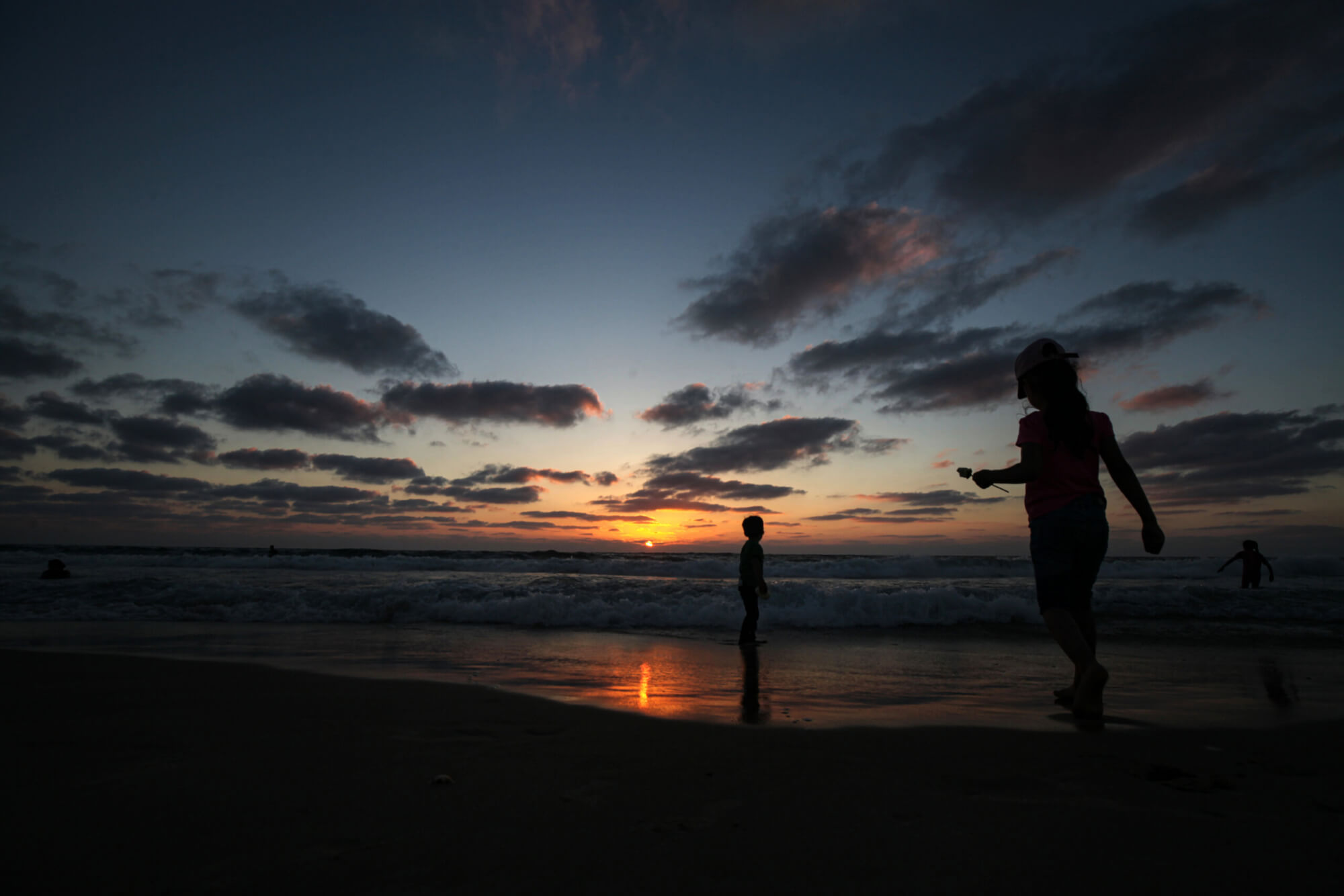During my recent visit to Palestine, I captured countless moments of every corner, every street, every fleeting interaction, and every hangout. This time, unlike my enthusiastic previous times, I stayed in profound silence, an observer taking in the surroundings, the smells, and people’s faces. Each is carved in different places of my body. It felt like an unspoken intuition, an extremely loud whisper that this could be the last time. Let’s not dive into melodrama, though; it’s always been this way, never knowing when it is indeed the last time. Experiencing the privilege of returning after years of absence, recognizing that home hasn’t completely been wiped away, that it still stands, and that family remains intact.
Venturing into other parts of Palestine was the “peak” of my fragmented journey, or so I thought. A day and a half of strolling around the roads of Jerusalem and Bethlehem. After just an hour of navigating the streets of the old city, the ‘Israeli’ police stopped my brother, a seemingly routine occurrence. Normalcywe thought, as they meticulously searched him, probed every inch of his body, and examined any hidden items. They inspected my bag, questioning our relation.
While they eventually let us go, they informed us that al-Aqsa was closed for Arabs that day. Jews needed undisturbed access to the holy land, an intrusive reminder of our stolen land and the violation of our sacred spaces, as we were forcibly silenced.
Sharing our story with friends from Bethlehem, they expressed shock that my brother had dared to put his hands into his pocket.
“It’s a threat,” they said, “don’t you know?” No, we don’t.
Fragmented stories, incomplete identities. We’re familiar with the sounds of bombs, the dread that grips our lives, the endless hours spent waiting for the electricity and water to return, and the profound sense of immobilization — and not the half experience.
The enemy is in the sky, something almost unattainable, immaterialized, and so we can create a sense of normalcy in our lives to carry out our routines. We are entrapped within our (designated) 365 km2; the settler colony is but a foreign entity that sits behind the control panel.
“Oh shit,” we said.
My brother whispered, “Maybe life here in the West Bank is worse than in Gaza. At least there, we get killed without laying eyes on the soldier.”
I stayed silent, uncertain if anything was worse than being stripped of everything that makes us human. Across different spaces and in my seemingly loud mind, I repeatedly voiced the dichotomy of my extremes, connecting it to the land where I was born and raised.
Gaza, a neglected place, visible or concealed, surprises people with its normalcy — the life it manages to sustain amidst death, the only accepted norm. Abstract decolonial struggles are intellectually challenging for so many yet deeply personal for each one of us. They take our stories, blur our images and our narratives, and make them theirs. Nuance and ground-breaking, they claim, while we have practiced it for more than 76 years inside and outside the homeland.
Never have I felt liberated away from home. The colonizer, the oppressor, restricted my imagination and mobility wherever I went, imposing boundaries on how far I could explore a city, how I could get to know people, and instilling in me a complete distrust for societies and those around me. Colonization surrounded everything, and though skepticism holds significance, my narrative appeared always to be consumed by it. Defining myself always in relation to the siege, the colonization, and the oppression. I used to “adapt” to hardships during my first few years abroad, overcoming hurdle after hurdle, with everything seeming trivial compared to what I lived and survived at home. They labeled it resilience, initially providing comfort. Resilience sounded like something I should always embody. However, I sank into depression at times, overwhelmed by the weight of the so-called “resilience” I carried, only to experience major setbacks, leading to months and years of profound sadness, helplessness, and suicidal ideation.
Therapists, readings, and friends dismissed it as normal.
“Maybe your body needed to shut down after all these years of trying to survive,” they would say, even after escaping the direct threat of death. Now, however, I understand what this was: the detachment from my community, from my land. This is the consequence of individualism, of indifference. Valid though it may sometimes be, depression feels selfish and egocentric.
I believed I was loaded with pathologies, my defiance labeled as disobedience, my attempts at adaptation failing, assimilation proving obscure, and my existence oscillating between invisibility and complete presence.
Now, my defiance, steeped in all the pathological symptoms, is the first time I feel a deep and profound “presence.”
Maybe all of us are scattered fragments of Gaza.
